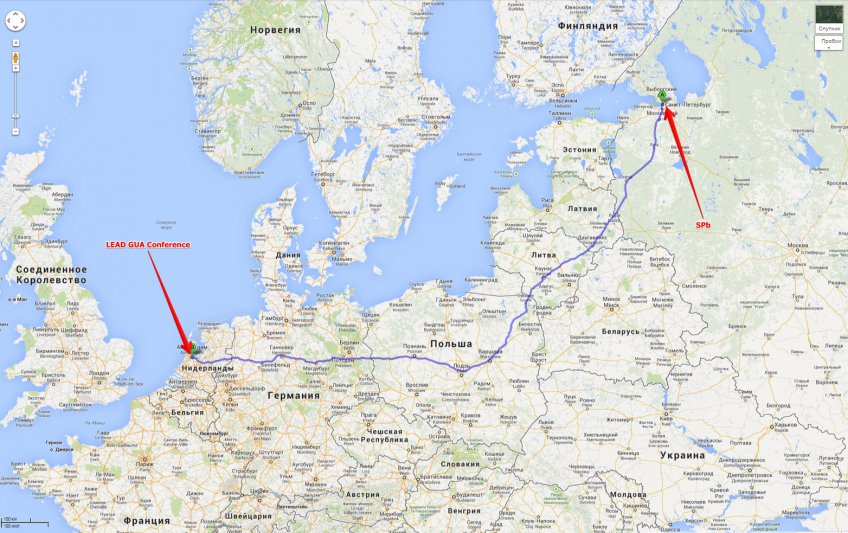
На встречу подготовлен доклад "Enterprise Architecture: the problems of demand and personnel training"
Enterprise Architecture: the problems of demand and personnel training
Maxim Arzumanyan,
St.Petersburg State University of Telecommunications
This report deals with issues to do with teaching and applying Enterprise Architecture (EA) as an up-to-date cross-discipline approach to business and IT management.
The Enterprise Architecture is being designed as response to following issues:
- the growing necessity to consider economic effectiveness of IT and its impact on increase of competitiveness;
- the task of management in the context of on-going organizational transformation and business models restructuring.
The other challenges in IT implementation are the problem of competent selection of approaches, methods, products and services on the vast IT market.
All the above-mentioned along with constant complexity growth urges us to formulate and solve complex tasks, to see the enterprise as a whole, to establish the system of models and connections between them. Setting up, planning and management of IT and business have to rise to a more advanced level.
The Enterprise Architecture also deals with issues caused by functional separation and particular specialization.
Comprehensive application of EA and the system approach underlying it, i.e. common understanding and sequential modeling of strategy and business architecture, and further on strategy and architecture of IT make it possible to reasonably invest into IT, diminish risks, increase business-effect and decrease variability of business processes.
Importance and urgency of application of EA methods and principles are universally recognized by communities of specialists and practitioners. In the USA the necessity of EA is recognized on the level of state directives and common policies.
EA isn't as spread in Russia due to a series of reasons one of which being the lack of domestic specialists.
Excellence in EA takes years of creative work. Such perspective doesn't appeal to young students which is further aggravated by absence of popularization and clear understanding of demand and obvious perspectives.
Present day generations of students experience difficulty in abstract analytical thinking which is required for comprehension of complex systems and their qualities which is caused by informational consumerism and passive media perception.
In order to form basic competence on EA one should build up an integrated program embracing disciplines on management, IT and IS as well as standards, templates, EA modeling and support tools. But the policy of narrowing of specialization field has in full affected universities, the courses taught, faculty qualifications and academic methods.
Each discipline possessing its own methods, approaches and technologies should be linked with others by the means of EA, should incorporate its element into the overall picture of new-style management. The integrated architecture should not be constructed abstractly, but quite practically making use of such toolsets as EA modeling and OrgWare, which is an indispensable attribute of new engineering approach to management.
Professors should not only be well qualified in their own field but also be competent in other subjects by Pareto 20/80 principle, as well as have general understanding of EA.
Such qualification is highly valued on the market and at the moment universities practically can't compete for such specialists.
Conclusions: EA is indispensable for effective management of complex systems (enterprises and IT) in the context of constant transformation; currently EA is not widely spread and used in Russia due to several problems, the major one being the absence of domestic scientific schools and experts in these fields; the quality breeding and training of such specialists is a complex, highly costly task currently unattainable for most universities in Russia.




